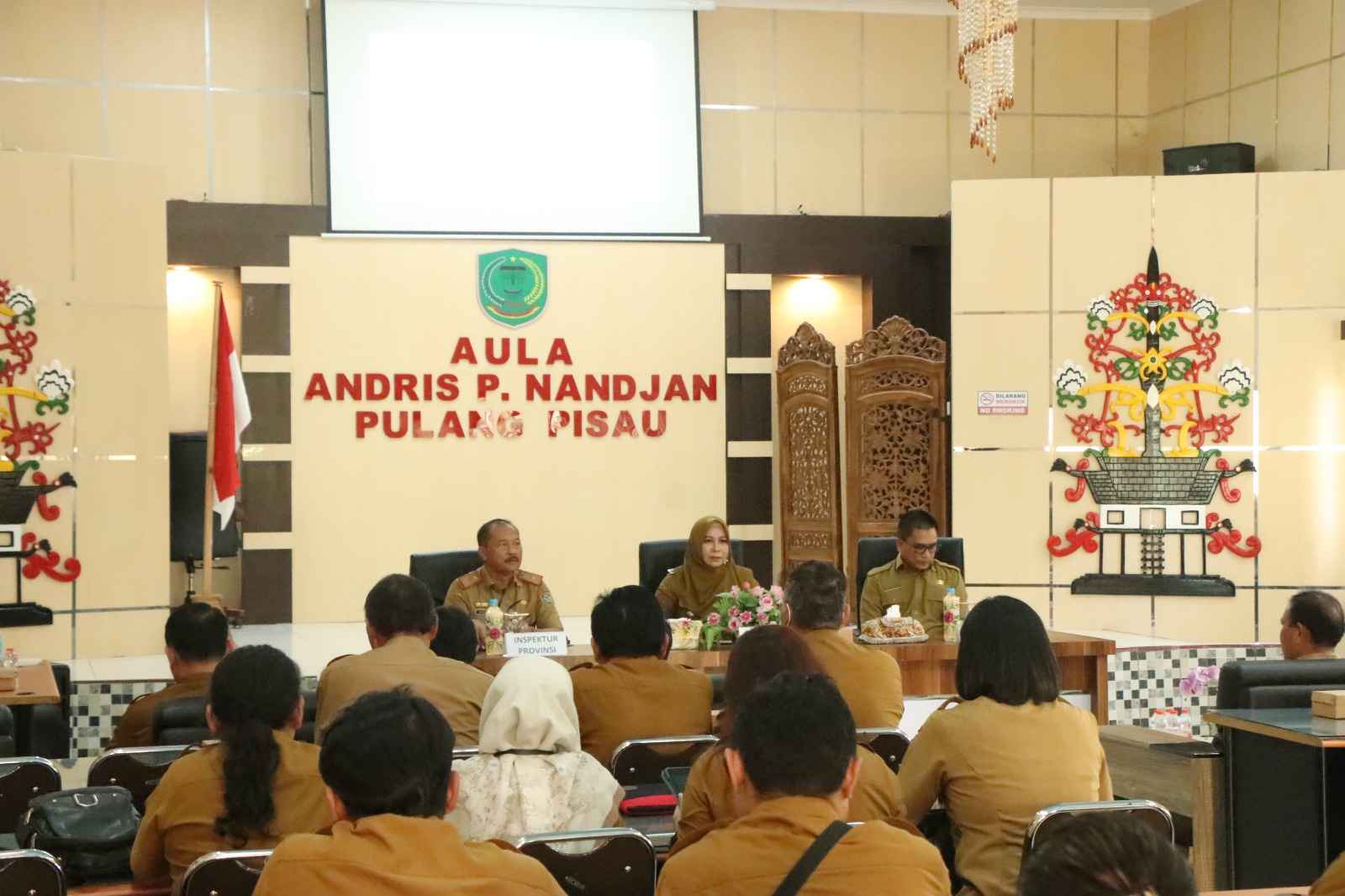Uk. huruf:
Cetak
INSPKALTENG – Pulang Pisau – Inspektur Provinsi Kalimantan Tengah Saring memimpin kegiatan Pengawasan Penyelenggaraan Pemerintahan Daerah Kabupaten Pulang Pisau TA 2024, di Aula Kantor Badan Pendapatan Pengelolaan Keuangan dan Aset Daerah Kabupaten Pulang Pisau, Senin (19/8/2024).





noname
<p>Berdasarkan analisis komprehensif yang telah dilakukan, perkembangan <strong><a href="https://www.periodicojayma.com/">situs rasqq</a></strong> mencerminkan transformasi signifikan dalam industri game online Indonesia. Sebagai pakar industri game, saya menemukan bahwa platform ini telah mengadopsi standar keamanan siber yang cukup maju, dengan implementasi enkripsi end-to-end dan sistem autentikasi multi-faktor. Yang patut diapresiasi adalah komitmen para pengembang dalam menciptaka
noname
[url=https://www.periodicojayma.com/]test[/url]
nita viore
<ol> <li><a href="https://zerovisiontool.com/">slot resmi</a></li> <li><a href="https://stikesbanyuwangi.ac.id/siakad/">situs gacor</a></li> <li><a href="https://emersonandfarrar.com/">slot</a></li> </ol>
<a href="https://emersonandfarrar.com/">situs slot
yree